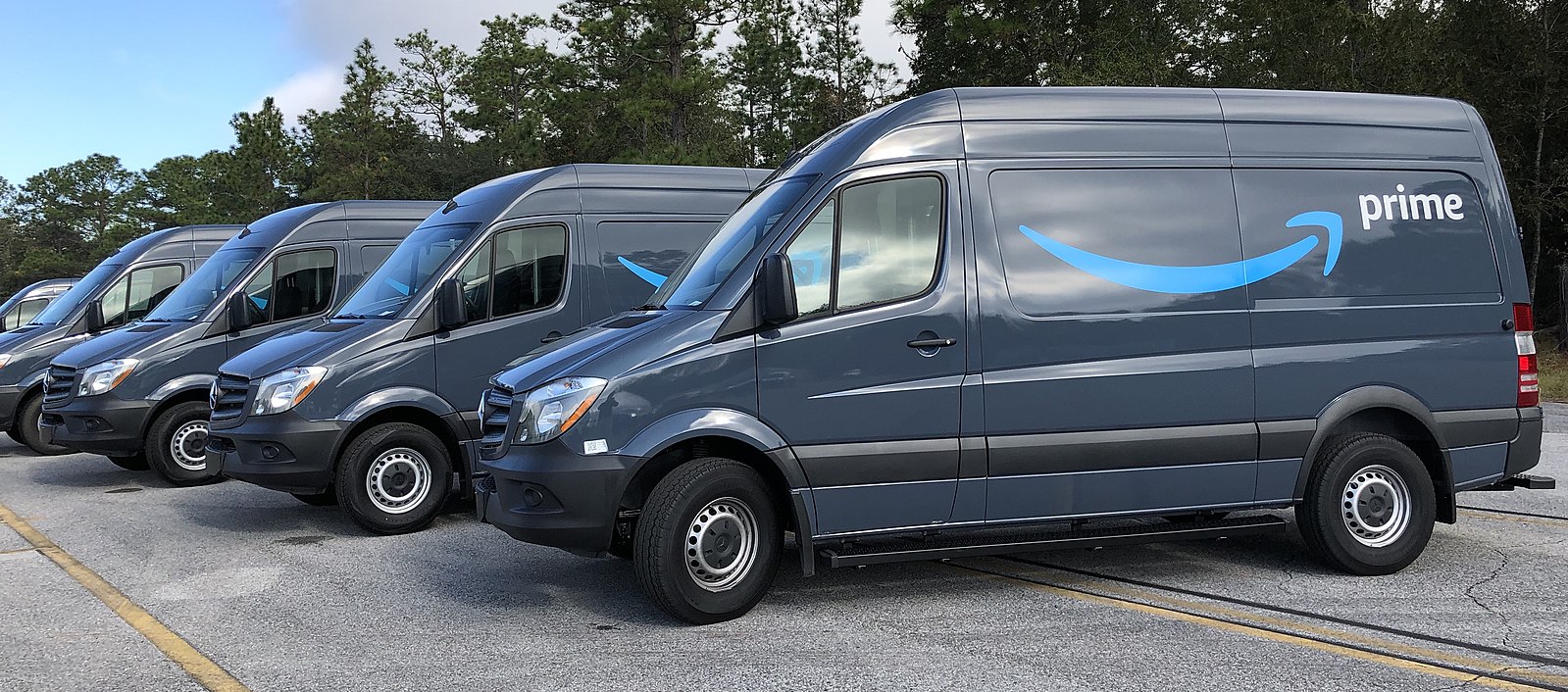Luke Hinrichs is a student at Harvard Law School.
In today’s news and commentaries, the Wisconsin Supreme Court lets ruling stand that held Amazon drivers are employees, not independent contractors; Phoenix passes heat protection ordinance for outdoor workers; DOL finds child labor violations at Tennessee manufacturing facility; and Washington enacts worker protections for strip club dancers.
On Tuesday, March 26, the Wisconsin Supreme Court unanimously ruled against Amazon’s logistics subsidiary, upholding a lower court decision which found that Amazon Flex delivery drivers are employees under the state’s unemployment insurance statute. In 2018, the state’s Department of Workforce Development determined that Amazon Logistics’ “delivery partners” qualified as employees under the definition established by the state’s unemployment insurance statute. As a result, the Department assessed Amazon Logistics over $200,000 in delinquent unemployment insurance taxes. After the Wisconsin Labor and Industry Review Commission upheld the decision, Amazon filed an appeal through the state’s court system. In 2023, the Wisconsin Court of Appeals agreed with the state that the drivers were employees. Ultimately, the State Supreme Court’s dismissal of the case will affect over 1,000 Amazon drivers and require Amazon to pay unemployment insurance taxes and penalties.
The Phoenix City Council unanimously passed an ordinance on Tuesday requiring city contractors and subcontractors to provide outdoor workers with access to shade, water, breaks, and air conditioning. In 2023, Phoenix experienced a record 31 consecutive days with temperatures over 110 degrees. Labor and community organizations—including SEIU, UNITE HERE Local 11, Arizona AFL-CIO, Ironworkers Local 75, National Council for Occupational Safety and Health, and various flight attendant associations—organized a citywide campaign leading up to the vote. The new ordinance, described as a “critical first step,” applies only to city contractors and does not provide protection from employer retaliation.
Federal authorities found children as young as 14 illegally employed, working excessive hours and operating dangerous machinery at a Tuff Torq Corp. manufacturing plant in Morristown, Tennessee. Tuff Torq produces outdoor power equipment parts for major companies including John Deere, Toro, and Yamaha. The U.S. Department of Labor has obtained a federal consent judgment that requires Tuff Torq to pay a civil penalty of $296,951 and set aside $1.5 million as disgorgement of 30 days’ profits related to its use of child labor. Tuff Torq also agreed to allow unannounced, warrantless searches of its facility for three years and refrain from entering any new contracts with staffing agencies or other contractors with child labor violations and will require contractors to disclose child labor violations and hiring protocols.
On Monday, Washington lawmakers enacted a “Strippers’ Bill of Rights” providing worker protections, restrictions on fees that club owners impose on dancers, and incentives for owners to adhere to regulations. The law requires trainings to prevent sexual harassment, report human trafficking, and provide first-aid. It also mandates on-site security, panic buttons, and locks for dressing rooms. The bill further directs the state Department of Labor and Industries to draft rules and guidelines to implement changes to workplace safety standards. The dancer-led association, Strippers Are Workers has organized and advocated for these regulations since 2018.






Daily News & Commentary
Start your day with our roundup of the latest labor developments. See all
July 1
In today’s news and commentary, the Department of Labor proposes to roll back minimum wage and overtime protections for home care workers, a federal judge dismissed a lawsuit by public defenders over a union’s Gaza statements, and Philadelphia’s largest municipal union is on strike for first time in nearly 40 years. On Monday, the U.S. […]
June 30
Antidiscrimination scholars question McDonnell Douglas, George Washington University Hospital bargained in bad faith, and NY regulators defend LPA dispensary law.
June 29
In today’s news and commentary, Trump v. CASA restricts nationwide injunctions, a preliminary injunction continues to stop DOL from shutting down Job Corps, and the minimum wage is set to rise in multiple cities and states. On Friday, the Supreme Court held in Trump v. CASA that universal injunctions “likely exceed the equitable authority that […]
June 27
Labor's role in Zohran Mamdani's victory; DHS funding amendment aims to expand guest worker programs; COSELL submission deadline rapidly approaching
June 26
A district judge issues a preliminary injunction blocking agencies from implementing Trump’s executive order eliminating collective bargaining for federal workers; workers organize for the reinstatement of two doctors who were put on administrative leave after union activity; and Lamont vetoes unemployment benefits for striking workers.
June 25
Some circuits show less deference to NLRB; 3d Cir. affirms return to broader concerted activity definition; changes to federal workforce excluded from One Big Beautiful Bill.